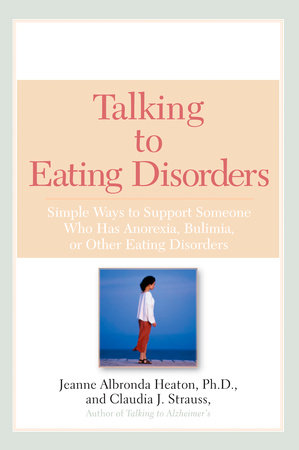TOPIC
Anorexia
Anorexia nervosa, often referred to just as anorexia, is an eating disorder classified as a psychological, social, and biological disease. Anorexia is frequently characterized by low body weight, food restriction, a distorted perception of weight, and an extreme fear of gaining weight; however, many who are anorexic may not appear to be overly skinny. Symptoms of anorexia include frequent weighing, excessive exercise and/or portion control, abuse of laxatives, and denial. And while anorexia is frequently discussed as a “women’s issue,” it affects all genders. Anorexia can have serious physical consequences and typically requires medical and psychological treatment.
If you or someone you know is in immediate need of support, please seek professional help. If you are in crisis, here are some immediate free resources.











